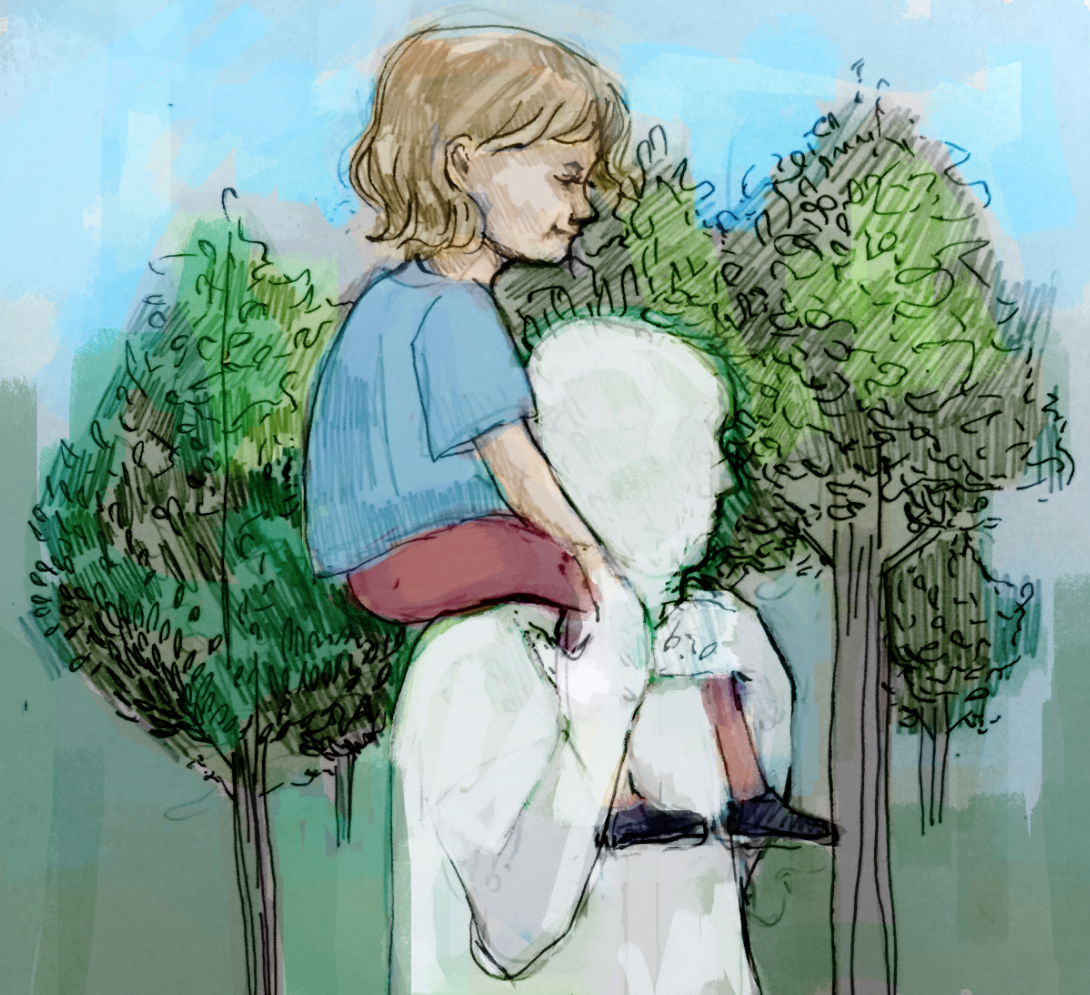
A new Yale study may help researchers develop novel methods for treating depressive disorders.
Researchers at the Yale School of Medicine’s Depression Research Program wanted to identify information that would help select treatment options for patients with depression. Working with 50 subjects diagnosed with major depressive disorder, they concluded that depressed patients with a history of early-life trauma, specifically parental loss or separation, responded better to cognitive behavioral therapy than depressed patients who had not had those experiences. The applications of the findings extend to creating more effective treatment programs for individuals with depression and avoiding unnecessary health care expenditures.
“The very interesting finding was the evidence that patients who have suffered more significant early-life loss or neglect were the ones who seemed to have a better response to CBT than patients who didn’t have early-life loss,” said senior author and Yale professor of psychiatry George Sanacora.
CBT is a well studied psychotherapeutic intervention for depression developed by Aaron Beck at the University of Pennsylvania in the 1960s. It focuses on restructuring and challenging depressive thoughts that might lead to negative feelings and actions.
“One main focus of CBT is having people reconsider or reframe the way they think about the world, especially in regard to a specific automatic thought pattern they have that governs the way they think about things,” said Sanacora.
The study, published in the journal Affective Disorders in August, consisted of a clinical trial in which patients participated in weekly CBT sessions for up to 12 weeks. Researchers then looked at levels of urinary cortisol, a hormone that controls how effectively stress is dealt with, and measured early-life stress and trauma through a variety of scales including the Global Perceived Early-Life Stress Scale and Klein Loss Scale.
The study’s findings also suggest that urinary cortisol levels are not correlated with a positive response to CBT, a departure from previous findings. The correlation of early-life loss with a more positive CBT response, however, was still a relatively new departure from previous research.
“It wouldn’t be the kind of intuitive finding you would think of,” said lead author Mark Niciu, who was in residency at Yale during the time of the study. “You would probably hypothesize that these patients have had terrible upbringings and will be more entrenched in their depression, and that doesn’t seem to be the case. Initially I was surprised, but looking into the literature was more confirmatory than anything.”
The study could have implications in parenting psychology and treatment following parental loss. The finding underscores the importance of a successful parent-child relationship, especially secure bonding, and raises the possibility that early behavioral interventions following parental loss could mitigate long-term detrimental effects, said Yale co-author and professor of psychiatry Chadi Abdallah.
Though the study showed a correlation between early-life loss and a positive response to CBT in most instances, a major concern revolves around the heterogeneity of depression. Because the causes and symptoms of depression are so varied among individuals, future directions of the research should be geared towards advances in personalizing depression treatment, said Sanacora.
Niciu added that the development of a biomarker based on factors like parental loss, blood chemical levels and other factors could potentially create a score that would indicate a patient’s probability of responding to a treatment or medication, decreasing health care costs and increasing effectiveness.
“Ideally we’d like to have a way to predict a priori to putting someone on a medication or treating them with a certain psychotherapy about how they’d respond,” said Niciu. “That would really be empowering for patients, and that’s the way I see this line of research going.”
However, the individual nature of depression as a disease is also one of the study’s limitations, said Sanacora. Because major depressive disorder is a very broad diagnostic category, the different processes involved in each patient’s case and the fact that few patients had very severe levels of depression are limitations. Additionally, the small sample size and lack of a well defined control group are challenges for a study of this type.
“I think this is a clue that adds to the growing literature that some early life history could be relevant to identifying more effective treatments,” said Sanacora. “I don’t think we are at the point right now where we have any markers that are clinically useful.”
According to the Anxiety Disorders Association of America, approximately 6.7 percent of the U.S. population over the age of 18 suffers from a major depressive disorder.







